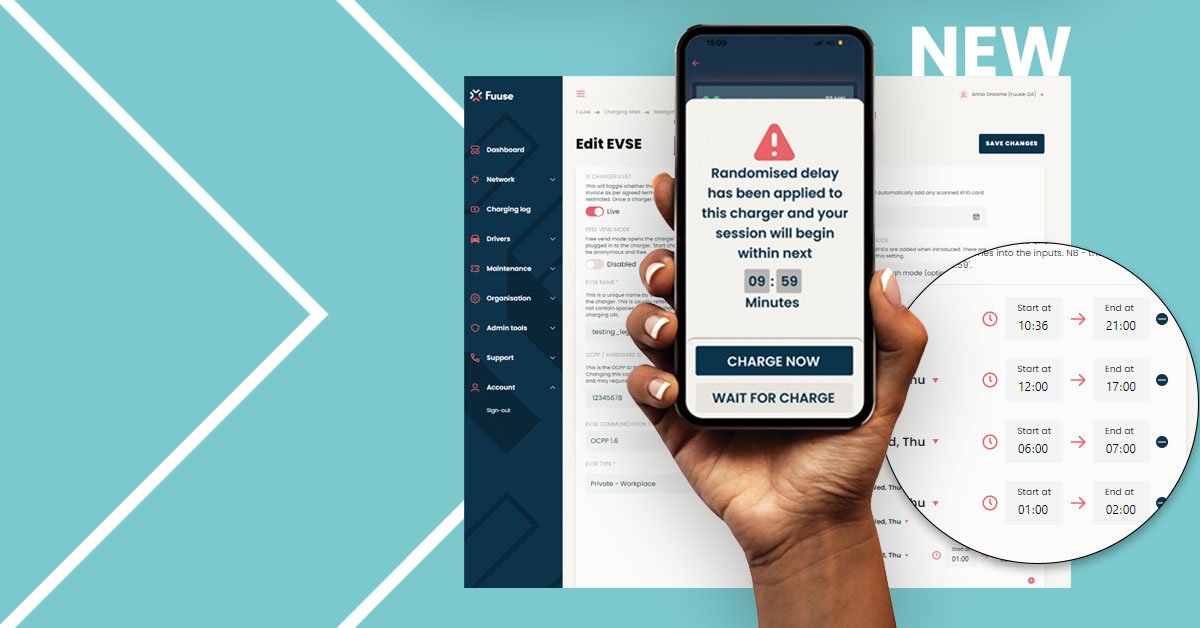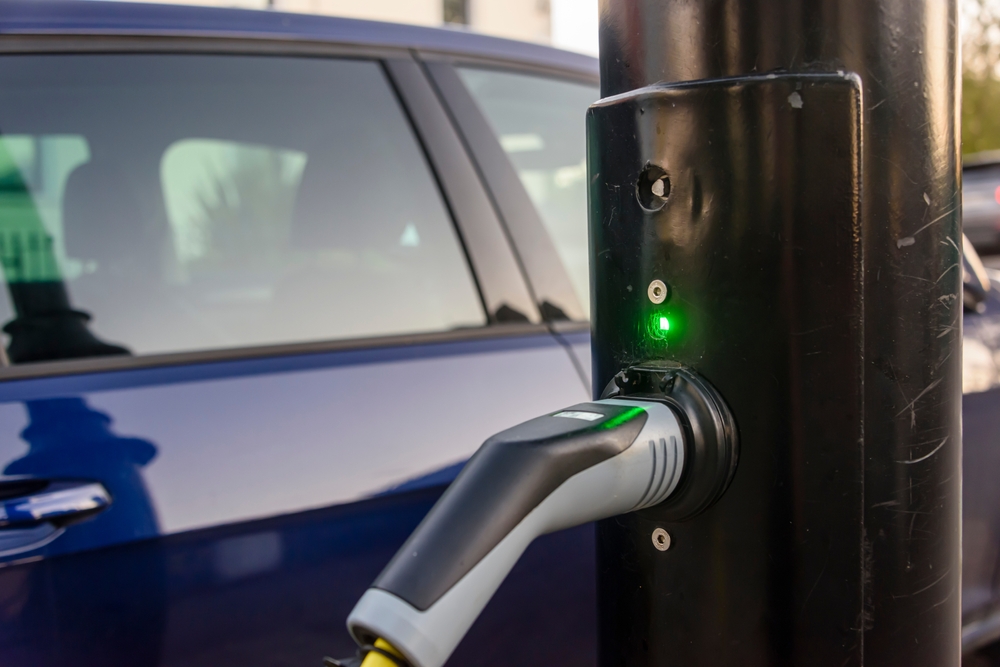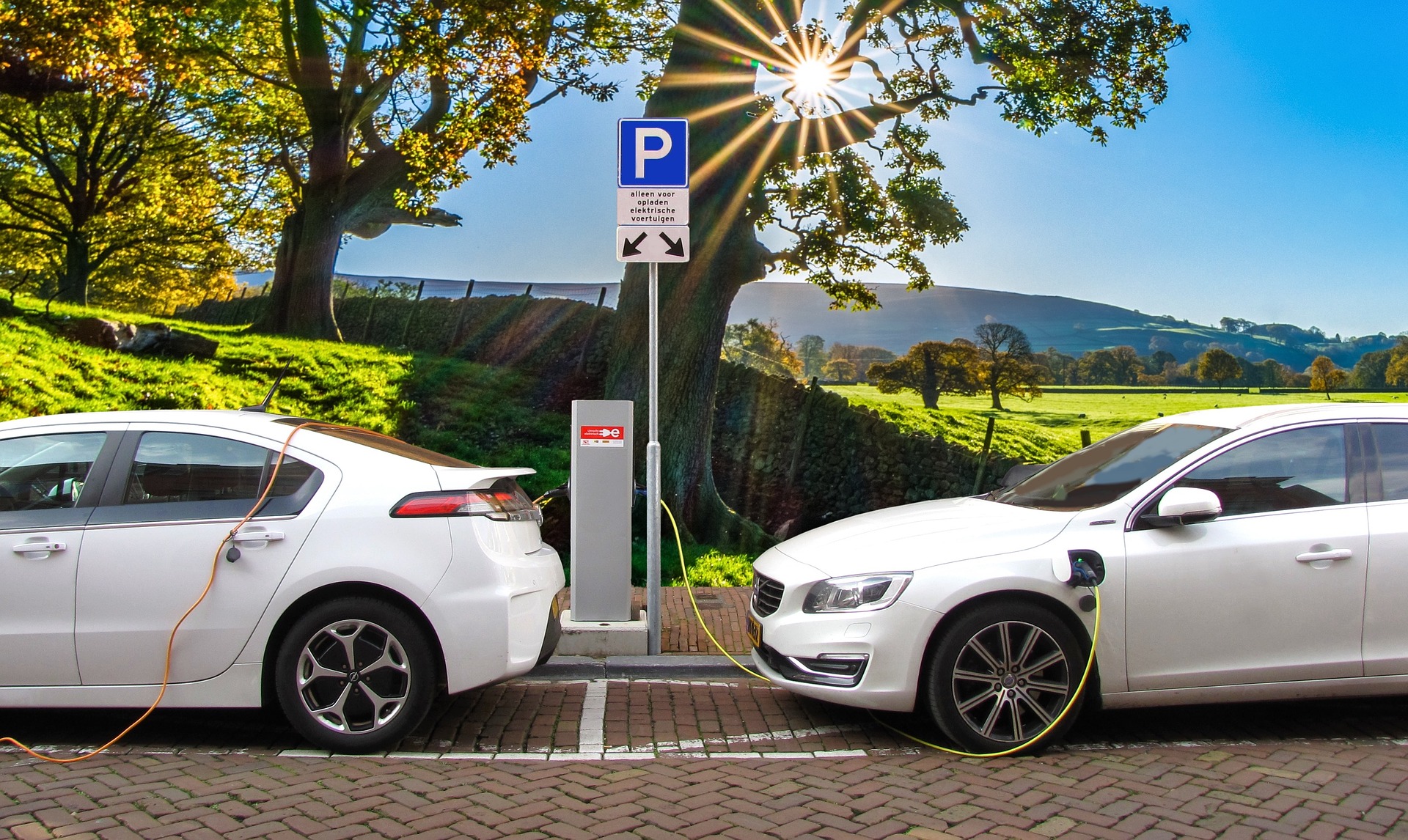The Electric Vehicles (Smart Charge Points) Regulations 2021 come into force in the UK later this week, affecting workplace and home charging. Fuuse charge point management platform is fully compliant with the latest legislation. Here’s how…
The legislation: what you need to know
Coming into force on 30th June 2022, the The Electric Vehicles (Smart Charge Points) Regulations 2021 have been introduced to aid the smooth acceleration of EV rollout in the UK - with an emphasis on balancing and reducing energy demand. The new legislation applies to all private chargers, meaning any non-public charger, whether domestic or workplace chargers.
So what do the new rules look like?
 Smart and Interoperable
Smart and Interoperable
Charge points must be able to send and receive communications, respond to signals by adjusting rate or time which electricity flows; and retain this functionality regardless of electricity supplier.
 Insight and visibility
Insight and visibility
Charge points must be able to measure and calculate electricity usage and charging time, making data and insights visible to the owner.
 Off Peak and Delayed Charging
Off Peak and Delayed Charging
To protect the grid, charge points must incorporate default charging hours outside of peak times, and use a randomised delay when starting a session.
 Security
Security
Encrypted data and privacy protection requirements apply from 30 December 2022
Setting Private Charge Points
To ensure the correct compliance rules apply to each charging session, Fuuse makes it simple to setup your EVSEs as:
- Public
- Private Domestic
- Private Workplace
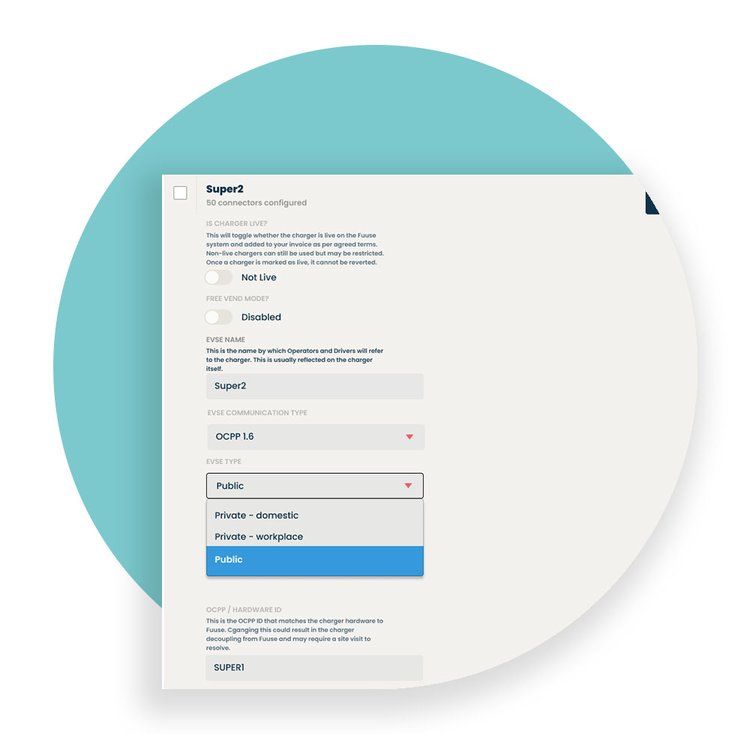
12 months of Charging Data
The legislation requires the entirety of the preceding 12-month period of charging data be stored and available to the charge point owner. With Fuuse, operators can view and download the following charging data from the past 12 months. Session dates/times Drivers/vehicles Site EVSE Total kWh Total revenue (where applicable)
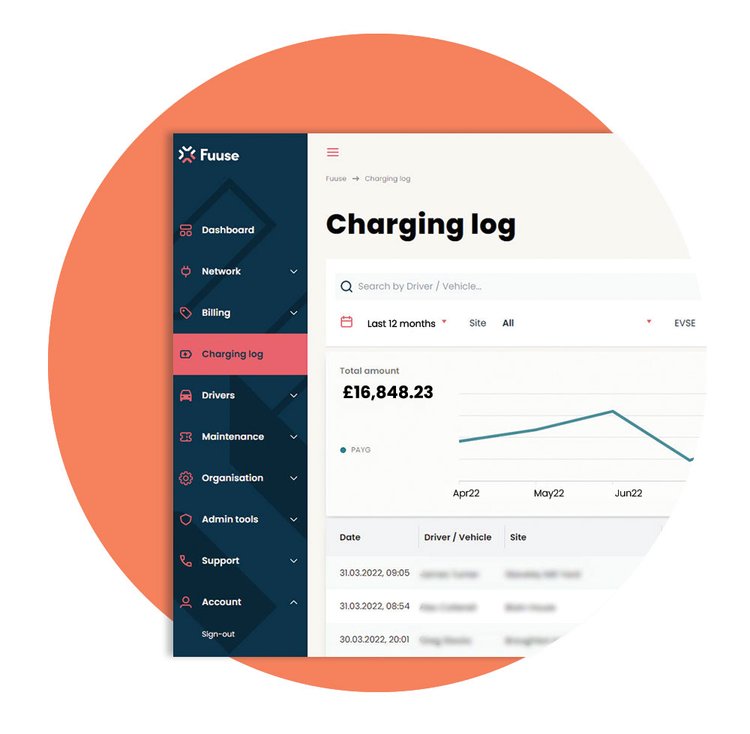
Default Off-Peak Scheduling
Default hours are pre-set in Fuuse for all new chargers with sessions avoiding peak electricity demand: No charging between 8am and 11am, and 4pm and 10pm weekdays. 🏡 In domestic chargers, drivers can override these default schedules. 🏢 In workplace chargers, only the operator can override the default schedule.

Randomised Start Times
To minimise the impact on the grid, a randomised delay is set on all charging sessions, including those pre-scheduled. The delay can be any duration to the nearest second, up to 1800 seconds. This can be overridden by both the operator and the driver, in both domestic and workplace settings.
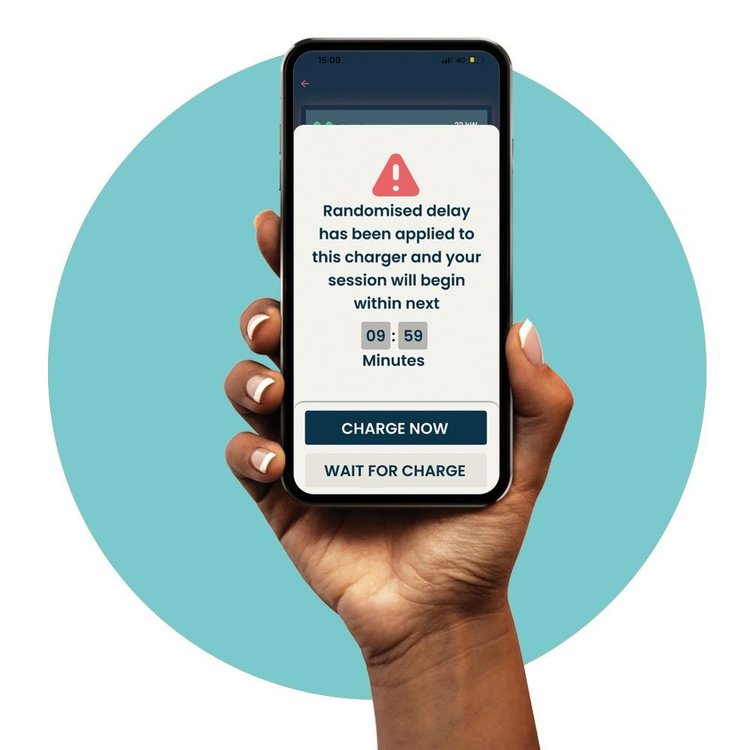
Ensure the chargers you’re supplying and/or installing are fully compliant after 30th June. Talk to one of our sales team about what the legislation means for you, and how Fuuse can have you covered 👉 hello@fuuse.io


